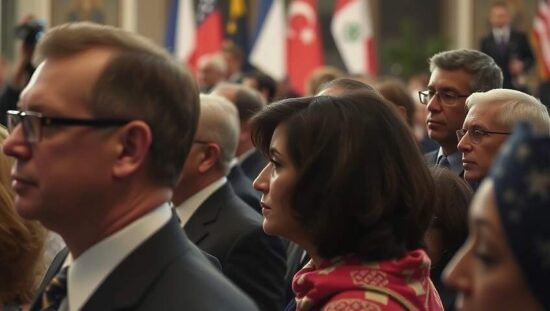German Politician Offers Qualified Praise for Trump’s Foreign Policy Approach
One year after Donald Trump secured a second term as US President, German politician Jens Spahn, of the Christian Democratic Union (CDU), has offered a nuanced assessment of the new administration’s foreign policy.. While acknowledging potential successes, Spahn’s commendation arrives alongside a critical examination of the strategy’s broader implications.
Spahn specifically lauded the administration’s impact on the Israeli-Palestinian conflict, stating, “It has brought peace to Israel, that is undoubtedly a success of Donald Trump’s foreign policy”. However, he cautioned against premature conclusions, acknowledging the uncertainty surrounding the long-term sustainability of such an approach. “It remains to be seen whether this policy will truly yield results over months and years” he conceded.
Despite praising certain outcomes, Spahn refrained from endorsing a wholesale adoption of Trump’s style. “I wouldn’t present it as a model” he asserted, while simultaneously recognizing the unique leverage the US has exerted. “One must acknowledge that no other state has been able to apply such pressure on both sides”. He extended this observation to the situation in Ukraine, suggesting a consistent pattern of US interventionist diplomacy.
Spahn also addressed the frequently criticized and often unorthodox, personal style characteristic of Trump’s negotiations. “This approach to deals, this sometimes peculiar personal touch, it is disconcerting” he admitted. Despite the potential for friction, he maintains that the process of engagement has commenced, seemingly laying the groundwork for future negotiations.
The remarks highlight a delicate balancing act for German politicians, forced to acknowledge tangible diplomatic results while simultaneously navigating the complexities of a foreign policy approach often perceived as destabilizing and unorthodox within European circles. The long-term ramifications of this strategic engagement and the potential for its future replication, remain subject to considerable debate.





